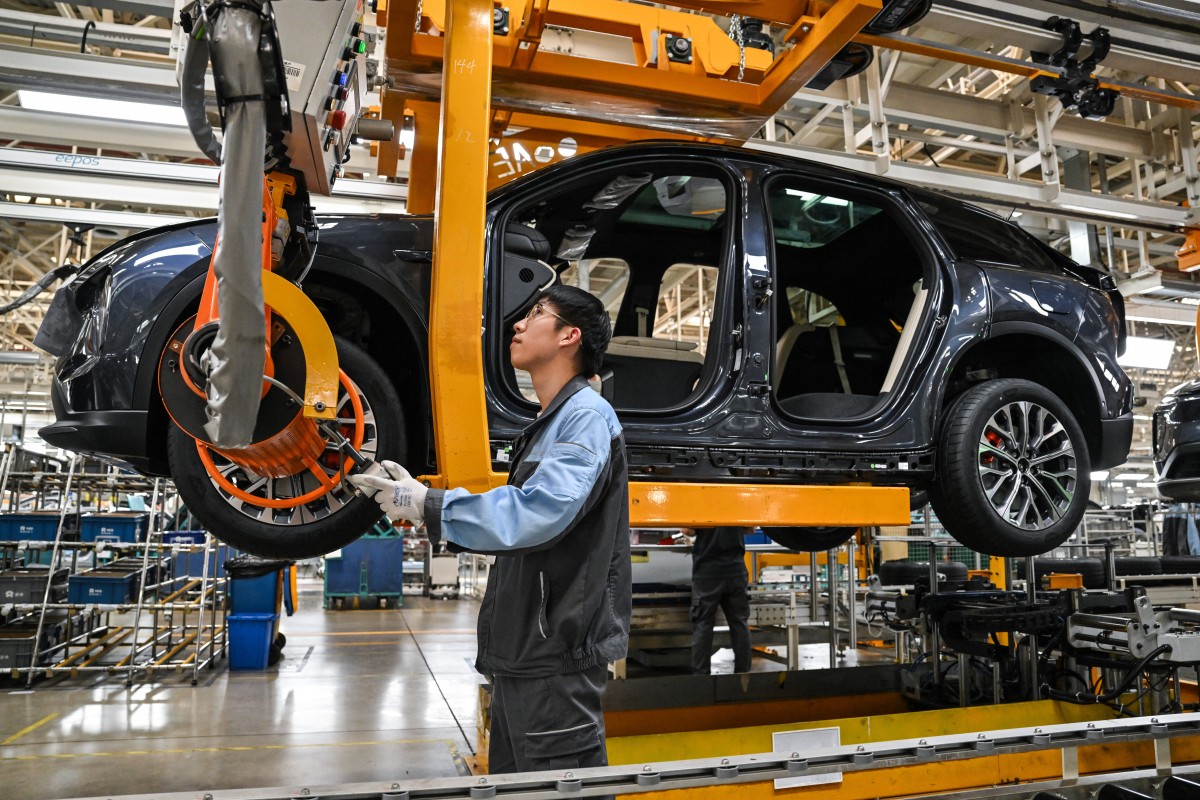Beijing, China — Emirati investment company CYVN has increased its stake in Chinese electric carmaker Nio to 20.1 percent in a deal that will see the carmaker raise $2.2 billion.
The investment for Nio, one of US-based Tesla’s rivals in China, comes as the Shanghai-founded business remains largely loss-making.
Financed by Chinese internet giant Tencent in its early days after its founding in 2014, Nio is banking on making its mark as a cheaper rival to Elon Musk’s Tesla.
Nio is still racking up losses despite rapid expansion abroad since 2021, including in the Netherlands, Sweden, Denmark and Norway.
CYVN, an investment vehicle based in Abu Dhabi, has lifted its stake to 20.1 percent in a deal that will raise $2.2 billion, Nio said in a statement to the Hong Kong stock exchange, where it is listed.
That follows an earlier investment of $738.5 million by CYVN in July.
Nio aims to become one of the world’s top five automakers by 2030 despite a cash position that is constantly in the red.
Its losses widened further in the third quarter to 4.6 billion yuan ($634 million), according to its balance sheet.
China is the world’s largest automotive market.
Dozens of innovative local brands have emerged to compete in the electric vehicle segment with foreign manufacturers who have struggled to adapt in recent years.
In November, China’s BYD was the country’s undisputed electric champion with more than 300,000 cars sold, well ahead of Tesla (over 80,000) and Nio (nearly 16,000), according to the China Federation of Individual Car Manufacturers.
Musk’s Tesla has a gigantic factory in Shanghai and is preparing a second one to manufacture batteries.








